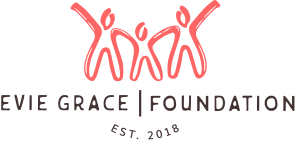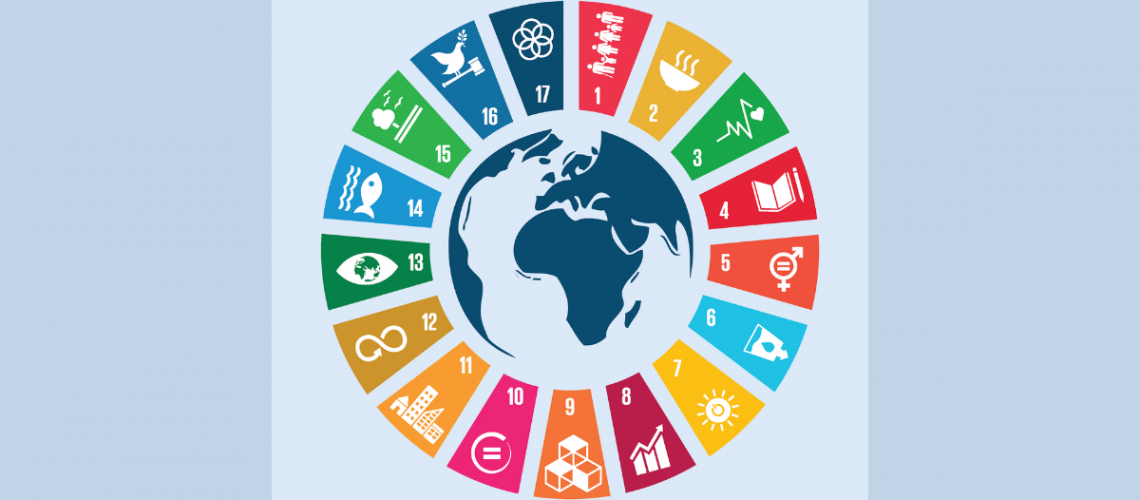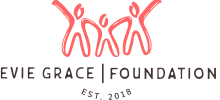I can’t change the world. I don’t have the tools to be able to do this successfully. I don’t have the qualifications or experience to make a significant change. I’m not this, I’m not that.
These can be the thoughts that blockade us from creating tangible change, and these statements have no truth to them at all. You might be asking, how do I do this then? The answer is, educate yourself on the 2030 Agenda for Sustainable Development and its 17 goals and let them be a guideline for the choices you make in life.
The 2030 Agenda for Sustainable Development was established in 2015 and adopted by 193 countries. The agenda encompasses 17 Sustainable Development Goals (SDGs) and 169 targets. These goals address the global challenges we face and provide a ‘blueprint to achieve a better and more sustainable future for all’ [1].
This is not the first time that there have been goals introduced to tackle problems on a global scale. In fact, the SDGs succeeded the Millenium Development Goals (MDGs), which were established in 2000. The MDGs consisted of 8 goals, which centred primarily on reducing the effects of poverty. Development economist, Sakiko Fukuda-Parr argues that
‘The MDGs presented a simplistic vision of meeting basic needs for all without recognising the root causes of poverty embedded in power relations and exacerbated by current economic models of neoliberal globalisation that prioritise corporate profit over human rights’.
As Fukuda-Parr contends, the MDGs narrowly focussed on efforts to reduce poverty, rather than to understand the root causes of it. Moreover, poverty is often viewed as a “Third World Problem” and in effect, the MDGs placed the responsibility of solving these poverty-related issues on developing nations. The SDGs aim to improve on the shortcomings of the MDGs because they adopt a comprehensive agenda that encourages sustainability across environmental, social, and economic spheres. As a result, these 17 SDGs set targets for all countries, instead of isolating countries in the Global South. The bottom line is, a developed nation, such as Australia, is held equally responsible for achieving the 2030 Agenda, as a developing nation like Kenya. To find out more about the 17 SDGs, click here.
So how does the Evie Grace Foundation contribute towards the 2030 Sustainable Development Agenda? The Foundation currently has four projects that advance several of the SDGs, but these projects are not the only avenue that progress is being made. Alongside our four main projects, the ethos of sustainability, accountability, and child protection underpin every single project and volunteer trip organised by the Evie Grace Foundation, therefore instilling sustainable change. Here is a breakdown of the ways in which Evie Grace positively engages with the 17 SDGs.

No Poverty
Through the partnership with Global Hope Rescue and Rehabilitation Centre (GHRRC), the Evie Grace Foundation provides a safe home to former street boys. They are provided basic necessities, love, and support, and through this project, these boys are not suffering from the effects of poverty.
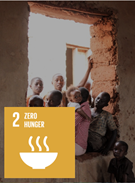
Zero Hunger
Through the GHRRC, the former street boys are provided meals and no longer rely on drugs to relieve the hunger, which addresses Goal 2.

Good Health and Well-Being
GHRRC provides care in all forms, from accommodation to healthcare and education. All of which contribute towards improving the health and well-being of these boys. On the streets, the boys’ lives were at risk. Particularly with the impacts of COVID-19, they were in danger of being beaten due to tough restrictions of movement and a mandatory curfew. The GHRRC provides a safe home for these boys to thrive, not just survive. The Reusable Pad project also helps to ensure the health and well-being of Kenyan girls. Without access to menstrual products, these girls are forced to use dirty materials to help soak up her blood, which leaves them prone to infection. What’s more, some girls engage in prostitution to financially afford these products. With reusable pads, the girls remain healthy and feel dignified and clean during their periods. |
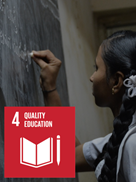
Quality Education
Education is an important value to the Evie Grace Foundation and is an integral feature across all of our projects. The boys at the GHRRC attend local schools, and through the Reusable Menstrual Pads program, young women learn about health education. These women also are trained in making the reusable menstrual pads, which provides them vocational skills helpful for employment. The Girl Child Mentorship and Human Rights Education programs are where children learn about a range of topics that are often taboo in Kenyan communities such as child trafficking, bullying, peer pressure, puberty, reproduction, sexual harassment and rape.
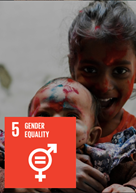
Gender Equality
Through the Reusable Menstrual Pad and Girl Child Mentorship program, Evie Grace fights to ensure that gender equality is achieved. The reusable menstrual pads help girls to stay in school and access the same opportunities that boys can.
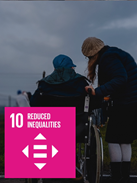
Reduced Inequalities
Evie Grace works towards reducing the inequalities felt by disadvantaged and vulnerable women and children. For instance, through the Reusable Menstrual Pads program, girls from impoverished families are able to access necessary hygiene products, and through the GHRRC, young street boys receive a safe home, an education, and their basic human rights met.
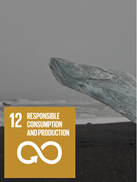
Responsible Consumption and Production
In everything that Evie Grace does, we strive to ensure that we abide by Goal 12; responsible consumption and production. Our Online Store is a great example of this. The Foundation seeks to stock ethically sourced and manufactured products whilst minimising waste. The Reusable Menstrual Pads also positively contribute towards this girl. The pads are safe, washable, and generally last 3 years. This not only keeps a girl safe and hygienic, but also decreases the huge amount of waste that disposable pads produce.
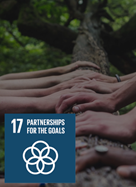
Partnerships for the Goals
Evie Grace is all about partnerships! Partnerships are the key to advancing the sustainable development goals and Evie Grace always endeavours to partner with local, grassroots organisations to assist with our projects. Organisations such as Because All Children Matter, The Inspire Teenages Foundation, and the GHRRC all aid us in achieving our goal to combat child trafficking and human rights abuses in East Africa. Evie Grace also welcomes corporate partners because together, the for-profit and not-for-profit sectors can progress towards achieving these SDGs in collaboration.
Images Sourced from <https://sdgs.un.org/goals>.
The Evie Grace Foundation contributes substantially towards the 2030 Agenda for Sustainable Development and utilises the SDGs as a blueprint for sustainable development in East Africa. So back to the question at hand, what can you do?
Simply, it involves little, intentional changes in your life. It may simply be purchasing a reusable coffee cup and asking your local barista to use that instead of their disposable cups. It may seem small, but don’t underestimate the power of that small action! Another way to make a change is by supporting not-for-profits that are guided by sustainable practices, like the Evie Grace Foundation. By supporting the Evie Grace Foundation, you are supporting the SDGs, and the world is better off for it. Financial support is not the only way you can contribute! Connect with the Evie Grace Foundation on social media, sign up to their emails, and like, share our content to make other people aware of sustainable practices! Tell Everybody – like the people in this video! Tell Everybody – Global Goals Campaign
That is how you can create change.
References
[1]<https://www.un.org/sustainabledevelopment/sustainable-development-goals/>.
[2] Fukuda-Parr, S 2016, ‘From the Millennium Development Goals to the Sustainable Development Goals: Shifts in Purpose, Concept, and Politics of Global Goal Setting for Development’, Gender & Development: Sustainable Development Goals, vol. 24, no. 1, pp. 43–52, viewed 6 June 2020, Taylor & Francis Online Journals Collection database.
[3]<https://sdgs.un.org/goals>.
Written by: Holly Sutcliffe-Carey
